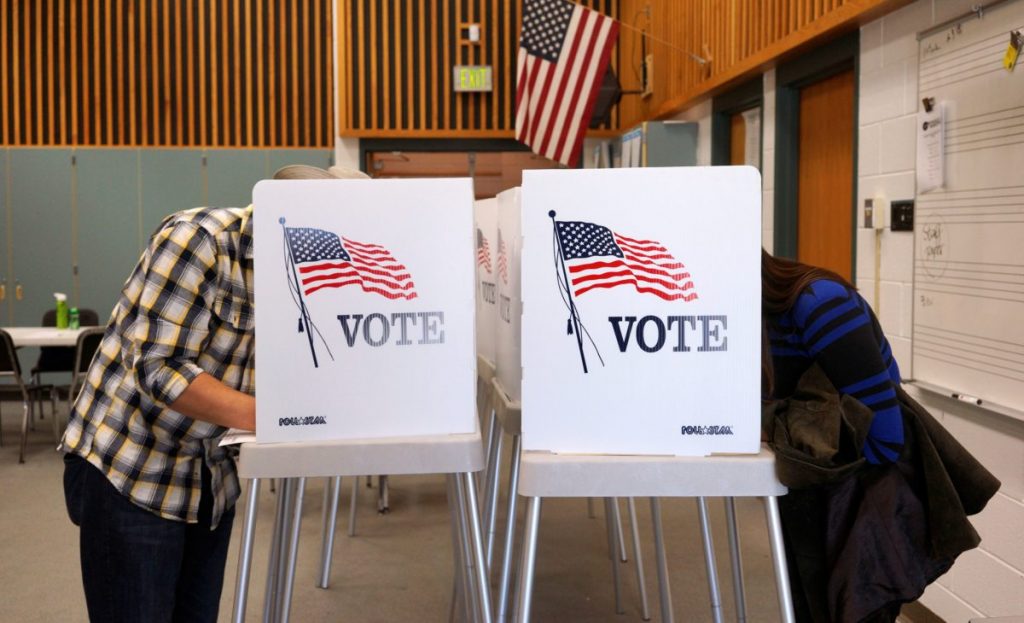The polls were way off in 2020, and not just in the presidential race. Across the board, surveys badly underestimated support for Republican candidates, and the most interesting thing is that pollsters cannot figure out what caused the problem. Some of the more obvious theories have been tested and found wanting.
For example, one possible explanation is that Trump supporters are uniquely suspicious of pollsters and therefore are disproportionately disinclined to participate in surveys. But the error in favor of Republicans was actually larger for Senate and governors races than it was for the matchup between Trump and Biden.
Similarly, it does not appear that there was any partisan disparity among respondents who said they would vote but ultimately did not, or between how many early and Election Day voters were surveyed. It doesn’t look like any demographic groups were badly underrepresented in the polls, and the pollsters were careful to weight for educational attainment (which was essentially a bet that their callers were not reaching enough voters without college degrees).
Given that there really isn’t any glaring reason why the polls were so off, you might expect Democrats to embrace conspiracy theories. Maybe the polls were correct and somehow votes were switched from blue to red. After all, if we imagine a scenario where hackers systematically stole a small and hard-to-detect percentage of votes for one party, we’d expect to see an across the board polling error. That’s what we see.
There are two working alternative theories out there, but neither is particularly convincing.
The first is that the error can be found in new voters. The 2020 electorate had 22 million more voters than the 2016 electorate, and maybe Republicans cleaned up with them. But most of these new voters were young, a group that heavily preferred Biden and the Democrats, and (again) the polling error was bigger for races other than the presidential, meaning that it cannot be explained by Trump’s ability to pull new voters to the ballot box.
The second is that Republicans who answered surveys were less loyal than Republicans who did not. This could create a situation where it looks like there will be more defectors than actually turns out to be the case. For this to work as an explanation, though, we’d have to believe that the universe of non-responding Republicans was more pro-generic Republican than pro-Trump. That would be a surprise, to say the least.
If, on the other hand, we posit that Republicans were generally more loyal to their party than to Trump, that would explain the polling error. It also makes intuitive sense. A terrible president is going to lose some support from his own base, but the base is not going to transfer their support to the opposing party.
The counterargument is that the Republican base appeared to like Trump a lot more than their senators and representatives. But that’s possibly an illusion created by high-intensity partisans. In the end, more Republicans likely stuck with their party than their hot mess of a president. Perhaps these were the Republicans least likely to pick up the phone or complete an online survey?
There must be some explanation, even if it’s very difficult to discern. Under the circumstances, where Republicans gained House and Senate seats when they were expected to lose them and Trump did better than predicted, it would be understandable if a lot of Democrats were suspicious about the integrity of the vote.
Maybe they’re not asking questions because they still won the presidency and maintained control of both chambers of Congress. But it still seems backwards that it’s the Republicans who are demanding audits.
To be clear, I’m not suggesting there was some problem with the results. All indications are that the election tally was very accurate. I’m just saying…
